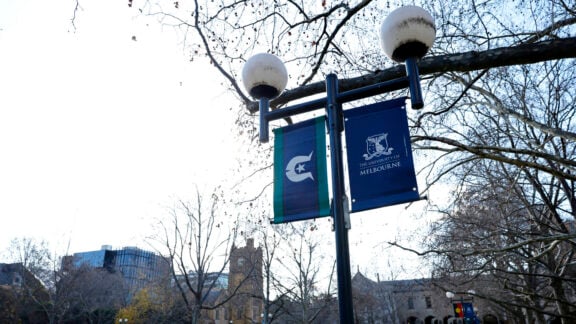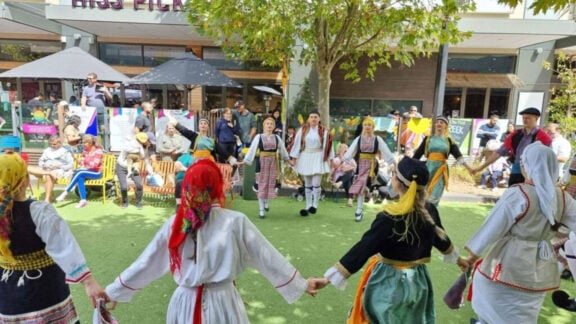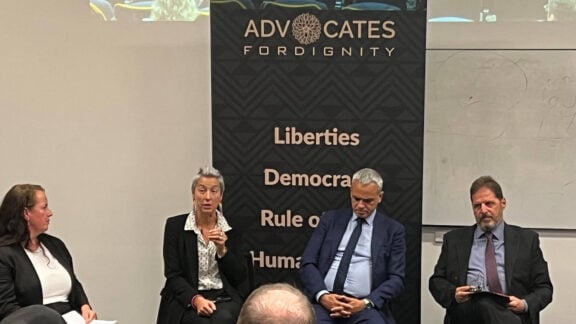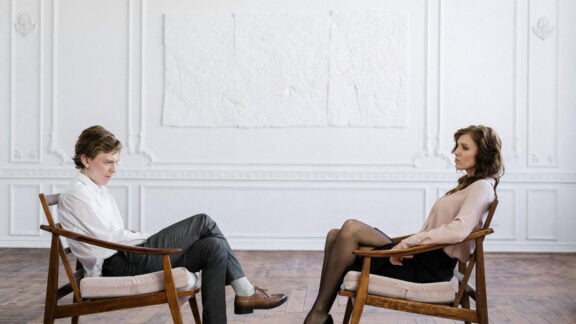I hope that the comments made in relation to the Cyprus issue on the occasion of the 21st Anniversary of the rejection of the Annan plan by Retired Lieutenant General Phoebus Klokkaris, are not taken seriously.
In his Neos Kosmos piece The Referendum on the Annan Plan and the fatal mistake of the Republic of Cyprus, Klokkaris argues that the Annan Plan was drafted by Britain and Turkey with the aim of legitimising the 1974 Turkish invasion and occupation of Cyprus.
Klokkaris’s argument is factually incorrect. The Annan plan was crafted by the United Nations and went through four iterations and countless negotiations between the Greek and Turkish Cypriot sides before it was put to the Cypriot people. The Turkish Government opposed the plan and encouraged Turkish Cypriots to vote against it. Turkish Cypriots did not heed the Turkish Government requests and voted, by a margin of 65 per cent, to support the Annan plan. Greek Cypriots voted against with a margin of 75 per cent.
Missed opportunity and a historical tragedy
It is one of the tragedies of history that the Clerides Government that had supported and steered the development of the Annan plan finished its term six months before the Annan plan was put to the Cypriot people. The then newly elected Papadopoulos Government did not support the plan, and did everything it could to scuttle it. It was a complex plan and without the support of the president it was never going to succeed.
Many of us who supported the Annan plan, examined it in great detail. We could see the flaws, but we supported it on the basis that there were many more good things than bad.
In diplomacy and in life no one gets everything that they want, however, I believe that the Annan plan was an opportunity lost, and that many of the pro Greek-Cypriot provisions in the Annan plan have been lost to us, and will never form a part of any new solution.
Had the Annan plan been implemented it would have resulted in an estimated 80,000 settlers being repatriated back to Turkey, This is because under the Annan plan only Turkish settlers who were married to a Turkish Cypriot, or who were born and lived their early childhood in Cyprus, would be given permanent residency. Over the last 21 years since the Annan plan was rejected, Turkish settler numbers have increased and it is now estimated that the number of Turkish settlers significantly outnumber Turkish Cypriots.
The proportion of Cyprus occupied by Turkey is 37 per cent. Under the Annan plan, the Turkish North would have been reduced to 28 per cent with the Greek Cypriot side reclaiming all of the Morphou area, Famagusta, and many villages including my wife’s village of Asha. This will be difficult to achieve under any new settlement.
One of the most contentious elements of the Annan plan that was effectively used against it by the Papadopoulos Government was that it allowed for a continuing Turkish Army presence in Cyprus. Under Annan a small and equal number of Greek and Turkish troops would be stationed there but they were to be progressively removed and by today there would have been no Turkish or Greek troops on Cyprus.
Rt. Lieutenant Klokkaris is wrong
Retired Lieutenant General Klokkaris labelled the Annan plan, and all actions by subsequent governments to reach a solution, to the Cyprus issue as pursuing a PLO solution. This is a false analogy. The PLO solution for Palestine involved two separate internationally recognised states. Now some might argue that Israel would continue to exert influence over a Palestinian state, but it is in a completely different context.
In the case of Cyprus there would be a national Cyprus government alongside the two proposed states. The model is similar to Australia which has a national government and state governments with identifiable constitutional powers. The national government would have taxation powers similar to Australia and represent the entire country in international relations. The only real difference with Australia is that the two states would have an ethnically based designation – Turkish Cypriot and Greek Cypriot States. But this model is not unheard of, it largely applies in Switzerland for example.
If the Cypriot Government was to adopt the suggestions of retired Lieutenant General Klokkaris, it would play into the hands of the Turkish Government and the current authorities in the North. The Turkish side would say that clearly the Greek Cypriots do not want unification under the bizonal, bicommunal proposals supported by the EU and UN and are seeking to take the whole island under their exclusive control.
Moderate Cypriot Turks are on our side
Any support for unification from Turkish Cypriot moderates would disappear and the hard-line Turks would have the excuse they so desperately desire to call on the international community to recognise the North as a separate country. If they succeed the next step would be “Enosis” of Turkey with Northern Cyprus to make it into one of its provinces. Cyprus would be left with a land border with Turkey.
The resurrection of the talks on reunification of Cyprus under a bizonal bicommunal system of government is the only way forward for a solution to the Cyprus issue. The current Government is correct in seeking a recommencement of the talks from where they ended after Cras Montana where an agreement came tantalizingly close. We should respect the contributions of people like retired Lieutenant general Klokkaris as to how to build a strong defence force in Cyprus. But his incorrect analysis of the way forward for Cyprus is dangerous for its future.
As Cypriots we must honestly recognise that opportunities have been lost in the past to resolve the Cyprus issue, but we must not lose sight of the main aims of unification under a democratic bizonal bicommunal system of government where the rights and freedoms of Greek and Turkish Cypriots are protected and the future of Cyprus as a single internationally recognised entity over the entire island is restored. We will never achieve this vision of a united democratic Cyprus without the support of moderate Turkish Cypriots and the International Community.
Moderate Turkish Cypriots are fighting back against the Islamification of the Island such as the new rules that have been introduced by Tatar that allow Hijabs to be worn in schools. Many resist Turkish army oppression and undue influence from a dictatorial Turkey.
We should engage with and support these moderate Turkish Cypriots including here in Australia. It is they who see and lament the erosion of their unique Turkish Cypriot culture as a result of Turkish dominance and occupation.
The coming election in the North is an important historical point where these moderate Turks have an opportunity to remove Tatar and his administration and reassert their desire for a settlement. Let’s hope they succeed and let’s hope the recent efforts by the UN to revive the talks is also successful. The future of our beloved Cyprus depends on it.
*Theo Theophanous is the President of Cypriot Community of Melbourne Victoria and a former minister in the Victorian government








